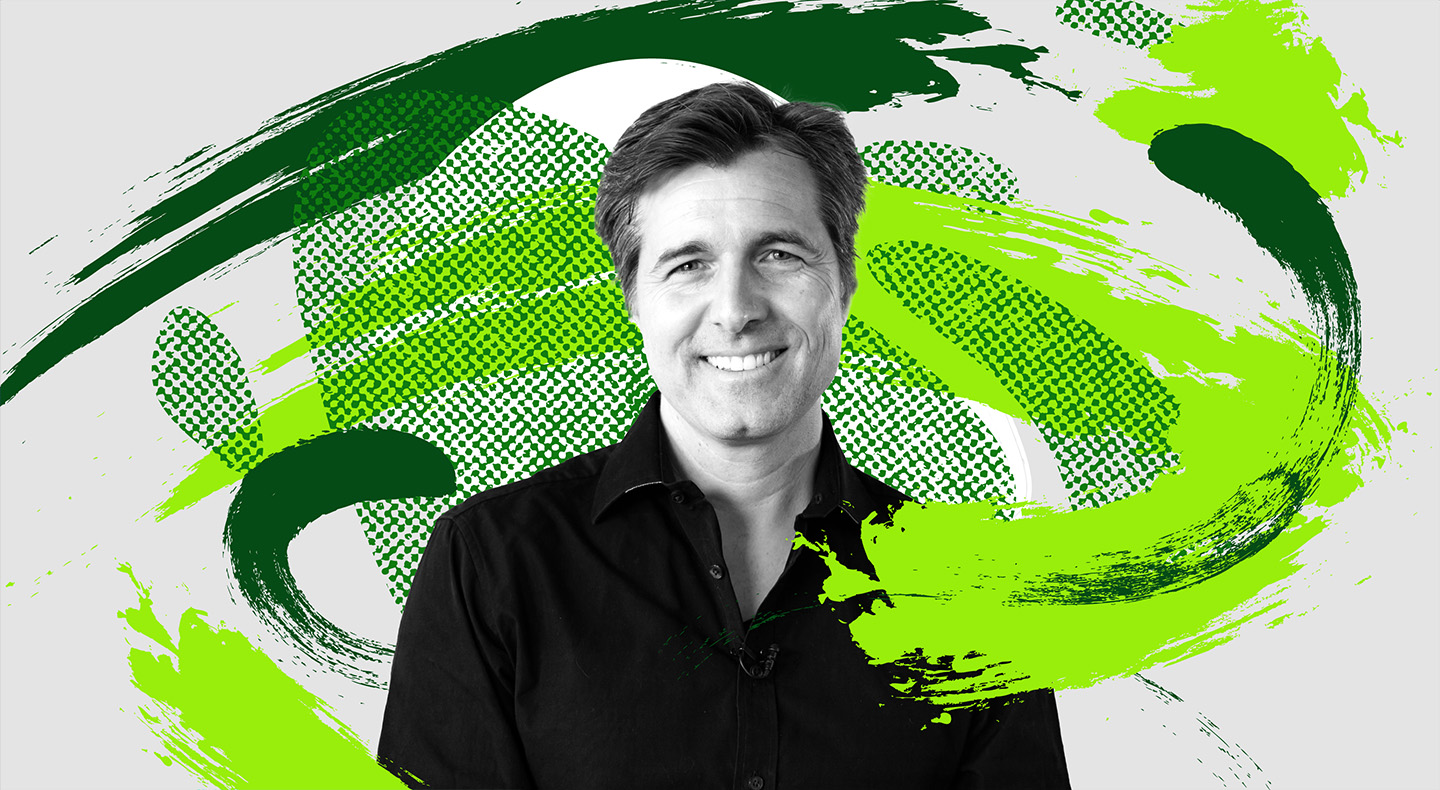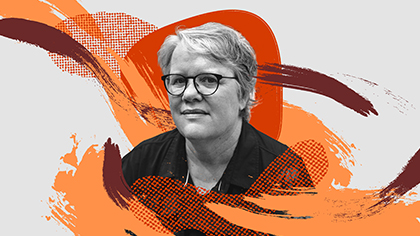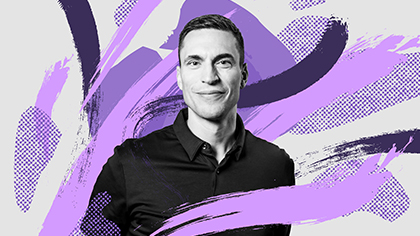Skip to Main Content



Dr. Michael Gervais on What Business Can Learn from Sports
The high-performance psychologist unpacks the importance of mindset training—for everyone
More Episodes
Subscribe

Harvard Business School’s Frances Frei on Building Trust
The professor and corporate advisor offers lessons on creating healthy company cultures

Microsoft’s Jared Spataro on the Employee Trends Leaders Need to Know
What makes work worth it? Here’s how leaders can understand peoples’ shifting expectations